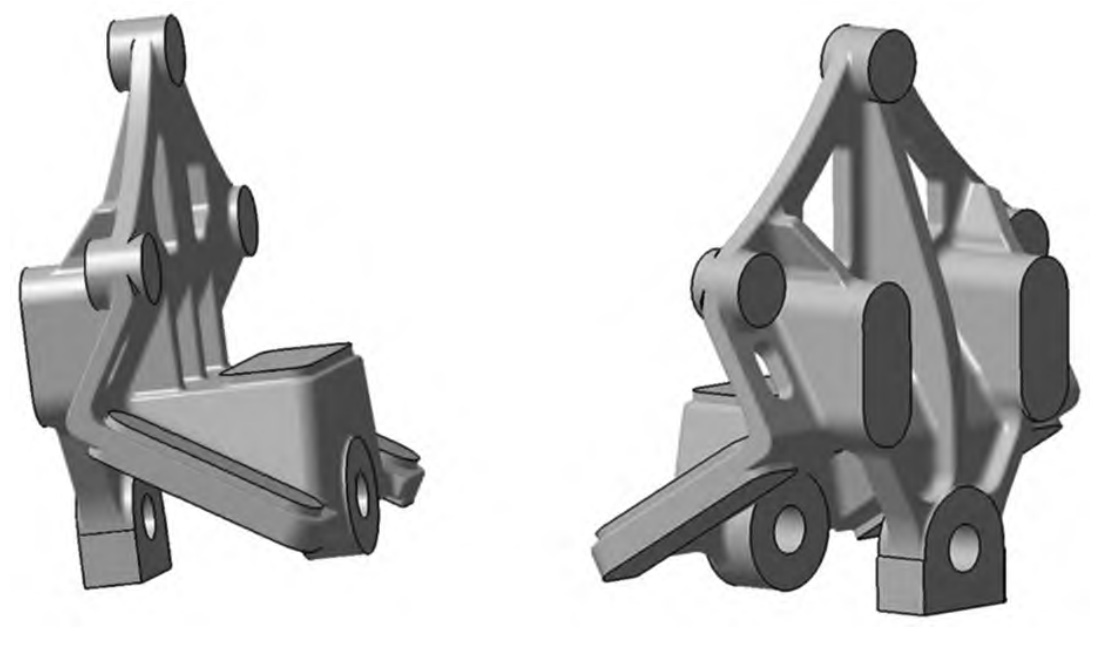Alloy selection plays a crucial role in steel casting, as it directly influences the material properties of the final product. The choice of alloy composition can greatly impact factors such as strength, corrosion resistance, heat resistance, wear resistance, and machinability. This article explores the significance of alloy selection in steel casting and the strategies to optimize material properties for specific applications.

- Understanding Application Requirements: Before selecting an alloy for steel casting, it is essential to thoroughly understand the specific requirements of the intended application. Factors such as load-bearing capacity, environmental conditions, operating temperatures, and desired surface finish guide the selection process.
- Alloy Classification: Steel alloys can be broadly classified into carbon steels, low alloy steels, and high alloy steels. Each category offers a unique combination of properties and is suitable for different applications. Carbon steels provide good strength and toughness, low alloy steels offer improved strength and hardenability, while high alloy steels provide exceptional corrosion resistance and heat resistance.
- Material Property Optimization: The alloy composition can be tailored to optimize specific material properties. For example, adjusting the carbon content influences the hardness and strength of the steel, while alloying elements like chromium, nickel, and molybdenum enhance corrosion resistance, toughness, and high-temperature performance.
- Compatibility with Casting Processes: Different alloy compositions exhibit varying casting characteristics. It is crucial to select alloys that are compatible with the chosen casting process, such as sand casting, investment casting, or continuous casting. Factors such as fluidity, solidification shrinkage, and mold filling ability must be considered to ensure successful casting.
- Cost Considerations: While optimizing material properties is important, cost considerations also play a role in alloy selection. Balancing the desired performance with the overall cost of the alloy, including raw material costs and processing expenses, is essential to achieve an economical solution without compromising on quality.
- Consultation with Material Experts: Consulting with material experts, such as metallurgists or steel suppliers, can provide valuable insights into alloy selection. Their expertise can help identify the most suitable alloy based on the desired material properties, application requirements, and manufacturing constraints.
The selection of the appropriate alloy composition is crucial in steel casting to optimize material properties for specific applications. Understanding the application requirements, classifying alloys, optimizing material properties, considering casting process compatibility, and balancing costs are all integral to the alloy selection process. By carefully selecting and tailoring alloys, manufacturers can achieve steel castings with optimized material properties, ensuring superior performance, durability, and overall product quality.
